
How to Make Climate Pledges Stick
Following US President-elect Joe Biden's victory and recent carbon-neutrality pledges from China, Japan, the European Union, and others, now is the time to meet words with action.


Following US President-elect Joe Biden's victory and recent carbon-neutrality pledges from China, Japan, the European Union, and others, now is the time to meet words with action.
Columbia Business School research employs a novel financial-economic model to depict how current carbon pricing could prevent climate risks
New Columbia Business School research reveals pathways to overcome polarization and accelerate climate action
“How do you build a just transition into all of this?” asked Columbia SIPA’s Bataille. “You’ve got to involve your communities and local workforces from the beginning and make them part of the solution-finding process.”
This paper aims to unpack the pro-social motivations of green innovators. In a field experiment inviting SBIR grantees to learn more about and apply to MIT Solve, we provide scientifically valid scenarios varying the time-frame and scale of human cost of climate change. Innovators' response in clicks and applications increases with both scale and immediacy treatments. Our structural model estimates a welfare discount rate of 0.76%, providing a measure of innovators' value of future generations, and an elasticity to lives lost of 0.23, implying diminishing marginal concern to human loss.
Pricing greenhouse gas emissions involves making trade-offs between consumption today and unknown damages in the (distant) future. This setup calls for an optimal control model to determine the carbon dioxide (CO2) price. It also relies on society's willingness to substitute consumption across time and across uncertain states of nature, the forte of Epstein-Zin preference specifications.
We investigate whether progress towards an international treaty on greenhouse gas emissions could benefit from insights about tipping a non-cooperative game from an inefficient to an efficient equilibrium. Games with increasing differences have multiple equilibria and have a “tipping set,” a subset of agents who by changing from the inefficient to the efficient equilibrium can induce all others to do the same. We argue that international climate negotiations form such a game and so have a tipping set. This can provide a novel perspective on finding a way forward in climate negotiations.
A novel economic model for reducing deforestation is being proposed by the Coalition for Rainforest Nations at the current United Nations climate change conference in Montreal. A new player in the climate change game, the coalition is proposing economic incentives for conserving tropical forests while contributing to climate stability. The coalition's proposal seeks to create new markets while reforming outmoded market and regulatory mechanisms. From the perspective of tropical countries, this change would make conservation a financially viable policy, with real economic returns.
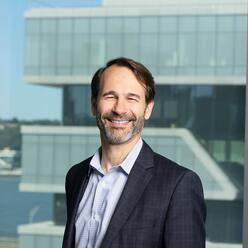
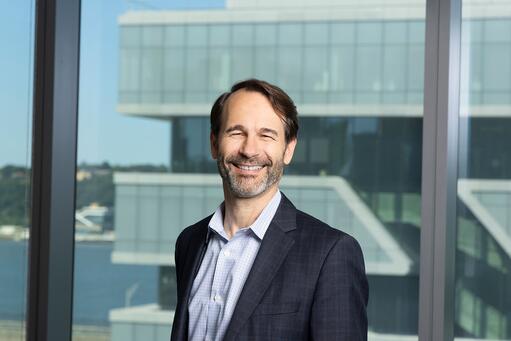
Bruce Usher is a Professor of Professional Practice and the Elizabeth B. Strickler '86 and Mark T. Gallogly '86 Faculty Director of the Tamer Institute for Social Enterprise and Climate Change at Columbia Business School. The Tamer Institute educates on the use business knowledge, entrepreneurial skills, and management tools to address social and environmental challenges. Professor Usher teaches courses on climate change, finance and business, and is a recipient of the Singhvi Prize for Scholarship in the Classroom, the Lear Award, and the Dean’s Award for Teaching Excellence.
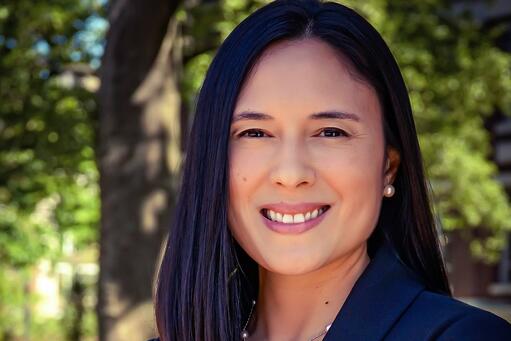
Vanessa Burbano is the Sidney Taurel Associate Professor of Business in the strategy area at Columbia Business School.
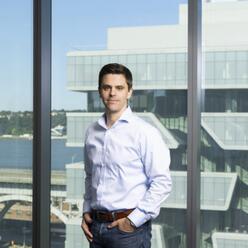
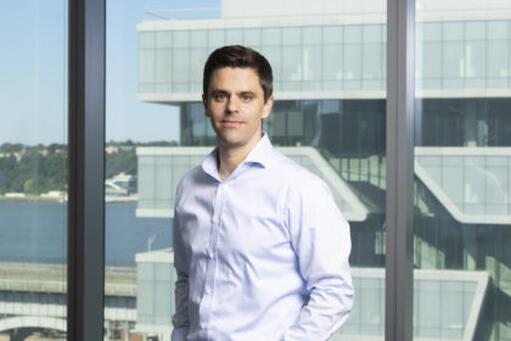
* It's pronounced like "juggernaut" without the "jug."
Gernot Wagner is a climate economist at Columbia Business School. His research, writing, and teaching focus on climate risks and climate policy.


Bruce Usher is a Professor of Professional Practice and the Elizabeth B. Strickler '86 and Mark T. Gallogly '86 Faculty Director of the Tamer Institute for Social Enterprise and Climate Change at Columbia Business School. The Tamer Institute educates on the use business knowledge, entrepreneurial skills, and management tools to address social and environmental challenges. Professor Usher teaches courses on climate change, finance and business, and is a recipient of the Singhvi Prize for Scholarship in the Classroom, the Lear Award, and the Dean’s Award for Teaching Excellence.


* It's pronounced like "juggernaut" without the "jug."
Gernot Wagner is a climate economist at Columbia Business School. His research, writing, and teaching focus on climate risks and climate policy.